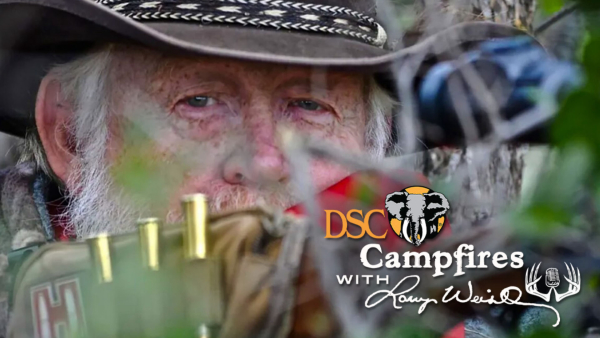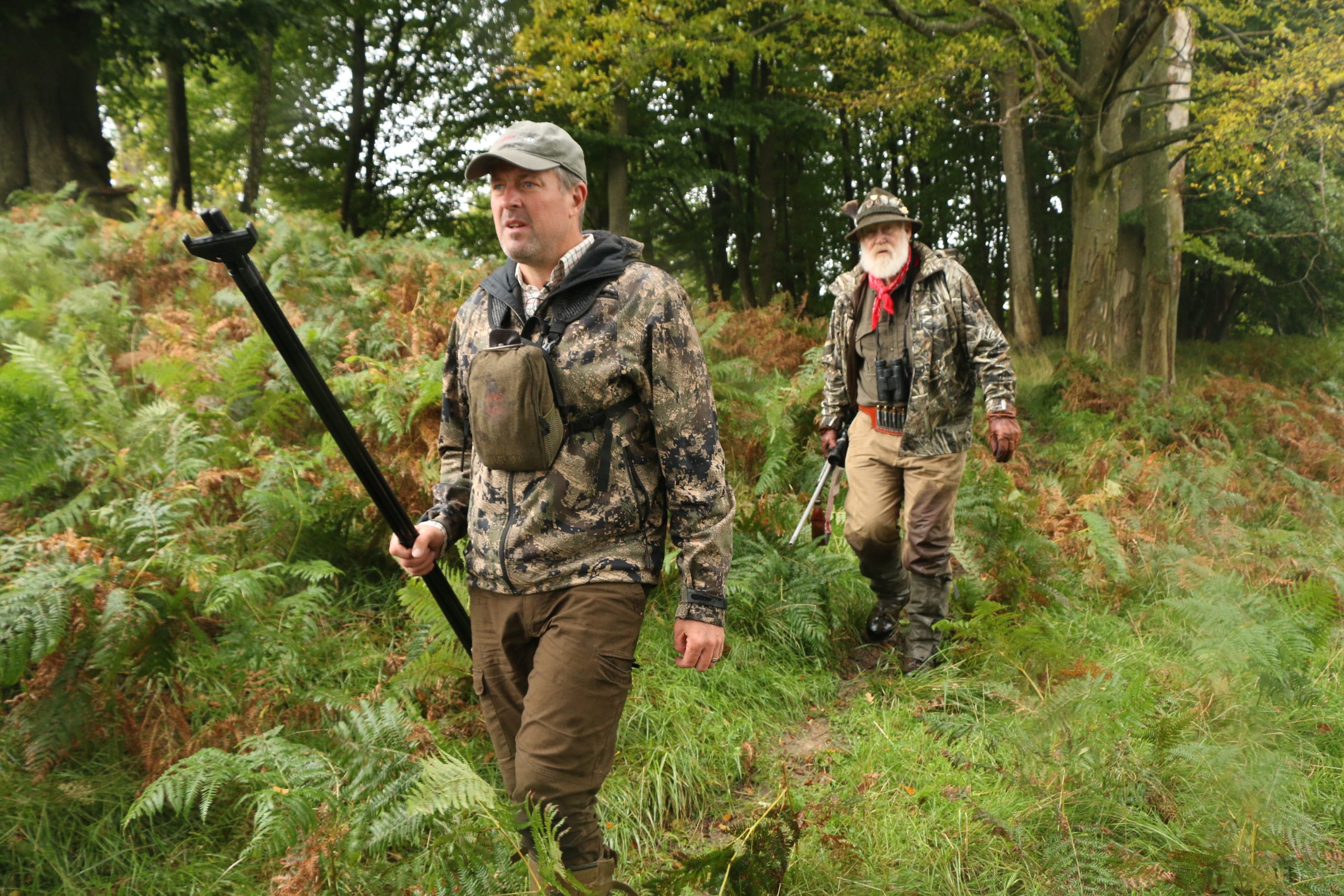The Government’s proposal to ban the UK importing and exporting hunting trophies has caused much concern to those of us who live with wild animals and shoulder the financial burden of conserving them and their habitat. If enacted, it won’t just stop British hunters traveling abroad for a legal licensed hunt in another country – it will also stop hunters coming to the UK to stalk wild deer. It’s very principle seems based not on science but sentiment based on the term “trophy hunting.”
The term is misleading, leading the general public to view legal licensed hunting as having only one objective: to hang a wild animal’s head on the wall. Nothing could be further from the truth. Safari hunting is all about the chance of the chase; the respect for the animal; the eating of wholesome meat; the camaraderie around the evening campfire serenaded by the distant roar of a lion. It’s about careful sustainable use and the selection of an old male to pay for the continued wellbeing of the rest of the herd. And, importantly, safari hunting funds the lives of human beings living in remote wild places and encourages them to conserve wild animals. The ‘trophy’ is simply a valued memento of the safari experience.
We cannot make the whole of Africa’s wild places one huge national park. Yes, photo safaris are hugely important, but the fact remains that 70 percent of all African wildlife lives outside of protected areas. These are often private lands dedicated to wildlife, Government lands set aside as hunting areas, or, as is now more often the case, declared conservancies with scientifically set sustainable hunting quotas. These lands are often buffer zones for game reserves and national parks, unsuitable for photographic tourism. If these buffer zones are eroded as the result of legal hunting prohibition, slash and burn agriculture or cattle ranching will replace wildlife. Wild animals will decline rapidly – and the core protected areas will in turn become vulnerable. Wild animals do not require huge swathes of land to be cleared of bush and forest, such as so often takes place for cattle ranching or indeed soya bean farming, with a huge negative effect on the world’s climate. Wild animals do best in a natural environment. They are not polluters.
Here in Namibia, and most of the Southern African Development Community (SADC) countries, we have growing wildlife numbers because respective governments have sensible wildlife laws that encourage people to steward and benefit from wildlife management. The last thing we want is for this to be jeopardized. One significant problem we face is the lack of understanding by the general public who live comfortable lives in wealthy developed countries, away from the reality of the huge expense of conserving wildlife and wilderness that Africans face. This results in Western nations often forcing advice and views on Africans on issues they know little or nothing about.
Here at Gamsberg, our rhino conservation and anti-poaching program are entirely funded by the selective and sustainable hunting of our plentiful plains game and by donations from our generous hunter/ conservationist clients and friends. Without this hunting income and generous support, we would not be in a financial position to rally round our rhinos. Would the UK Government be willing to assume this heavy cost? I doubt it.
Conservation in Africa is not only expensive, but it is also complex as we have to juggle human needs from the wildlife resource with the wellbeing of fauna, flora and wilderness. Wildlife must be a compatible form of land use to compete with other forms of land use, such as agriculture if it is to survive in the long term.
Such a trophy ban importation by the UK would completely disregard the livelihoods of Africans who depend on the legal management of wildlife. Many thousands of African people come from previously disadvantaged communities that now manage wildlife conservancies that allow the sustainable use of wildlife though safari hunting. These conservancies have been their financial salvation and at the same time had led to huge wildlife population growth. A trophy importation ban would be devastating to both humans and wild animals. African livelihoods matter!
Here in Africa, countries that have banned hunting have seen declining wildlife numbers. Those that encourage safari hunting have seen the opposite – with increasing wildlife populations. This is why countries such as Botswana, Uganda and Zambia have recently reversed bans – to give human communities real benefit from the custodianship of wildlife and as a way to fund anti-poaching at the same time.
We Africans don’t have the arrogance to advise the UK government on how to manage its wildlife resources. Those that oppose legal hunting – and are currently calling for a ban on “trophies” – and those who understand and support the true conservation value of safari hunting actually share the same goal: the long term wellbeing of wild animals and wild places. It seems we have different approaches in the hopes this will happen; but we need to recognize that and put aside our differences and work together for proper solutions to wildlife conservation based on science and realism, not misguided sentiment.
[author] [author_image timthumb=’off’]https://www.biggame.org/wp-content/uploads/2020/07/hurt2.jpg[/author_image] [author_info]Robin Hurt has been a licensed professional hunter for 57 years. He and his wife Pauline recently won the Peter Hathaway Capstick Hunting Heritage Award for their conservation work with rhino in Namibia and for the Robin Hurt Wildlife Foundation Tanzania, a community wildlife organization dedicated to turning poachers into anti poachers. [/author_info] [/author]



